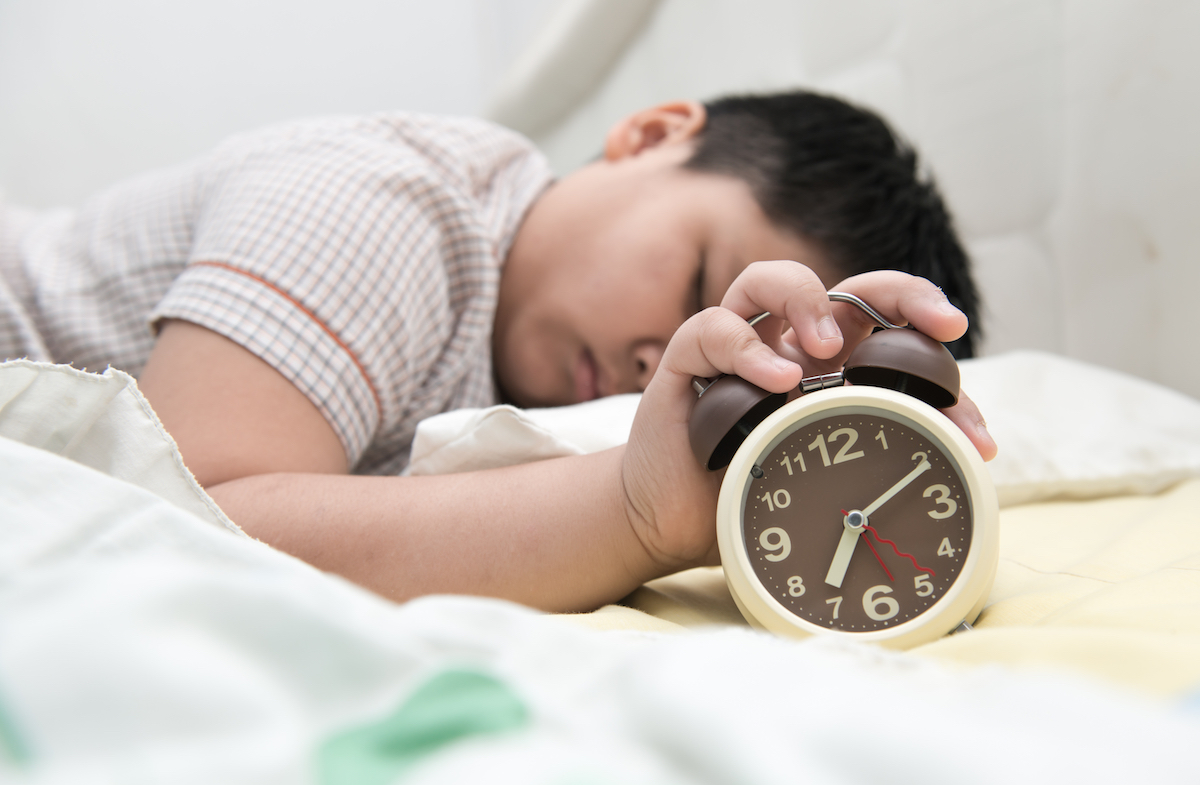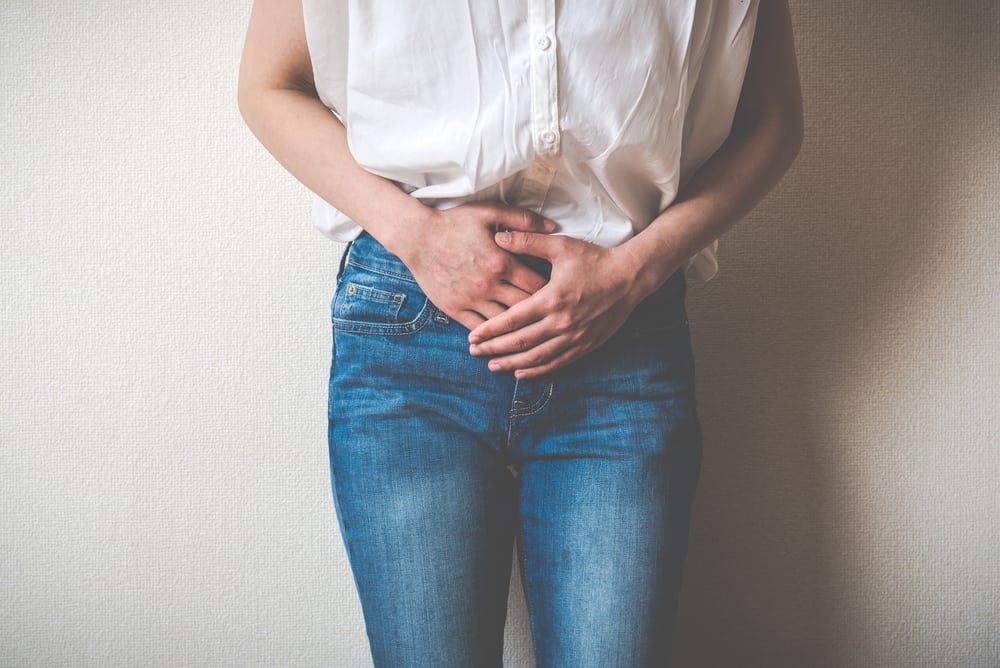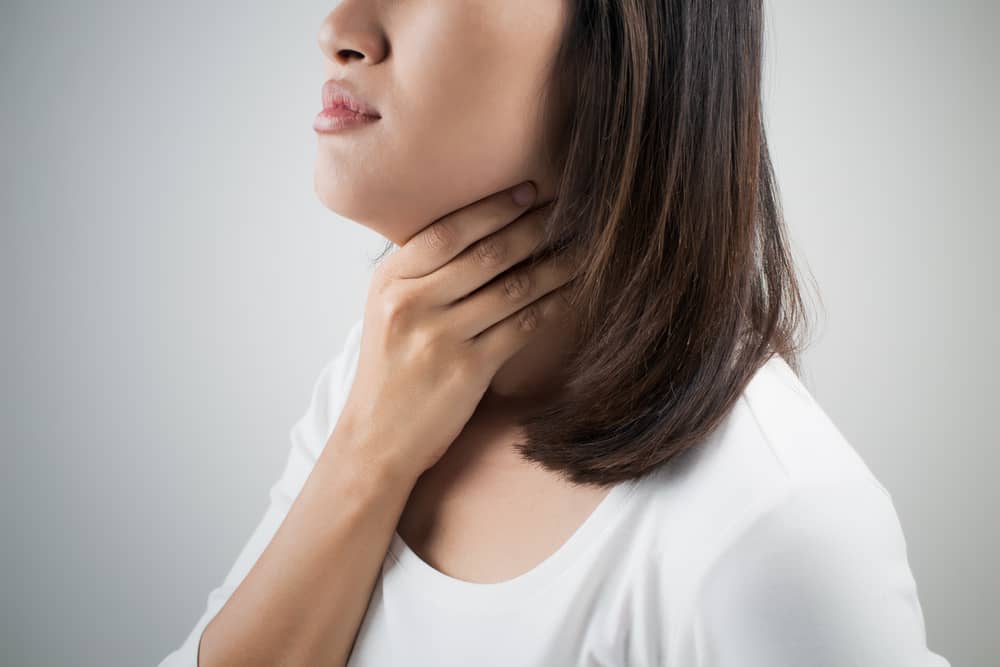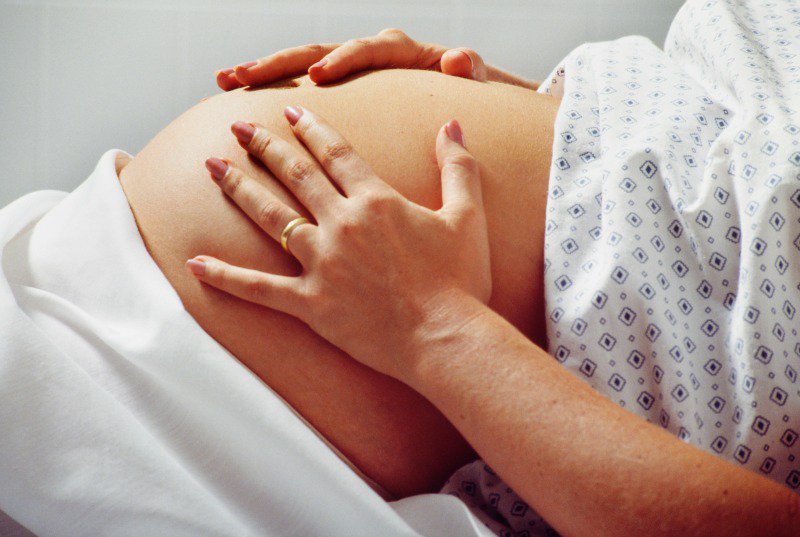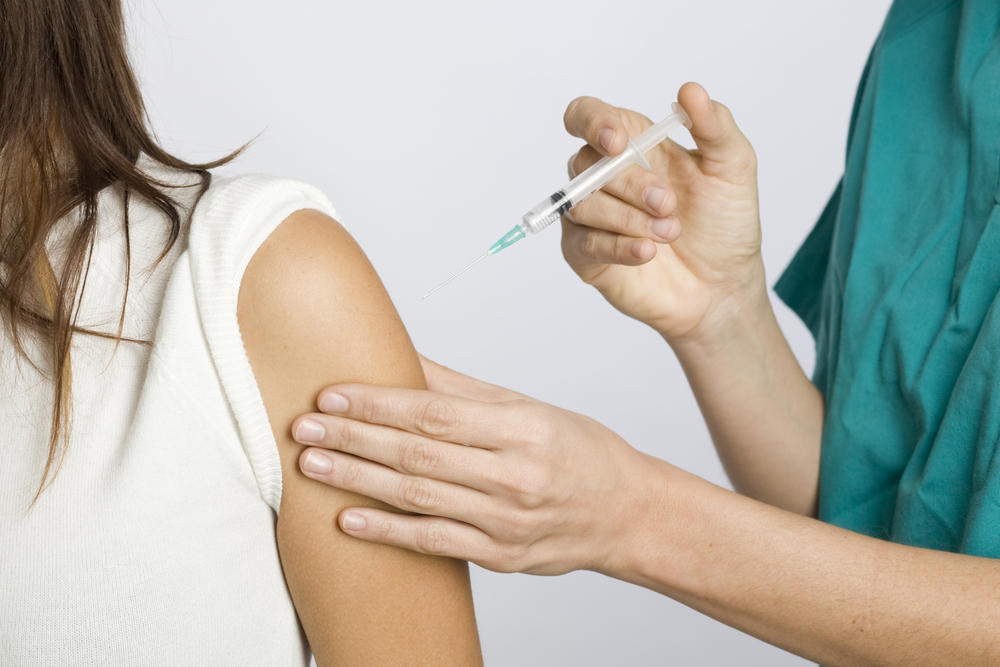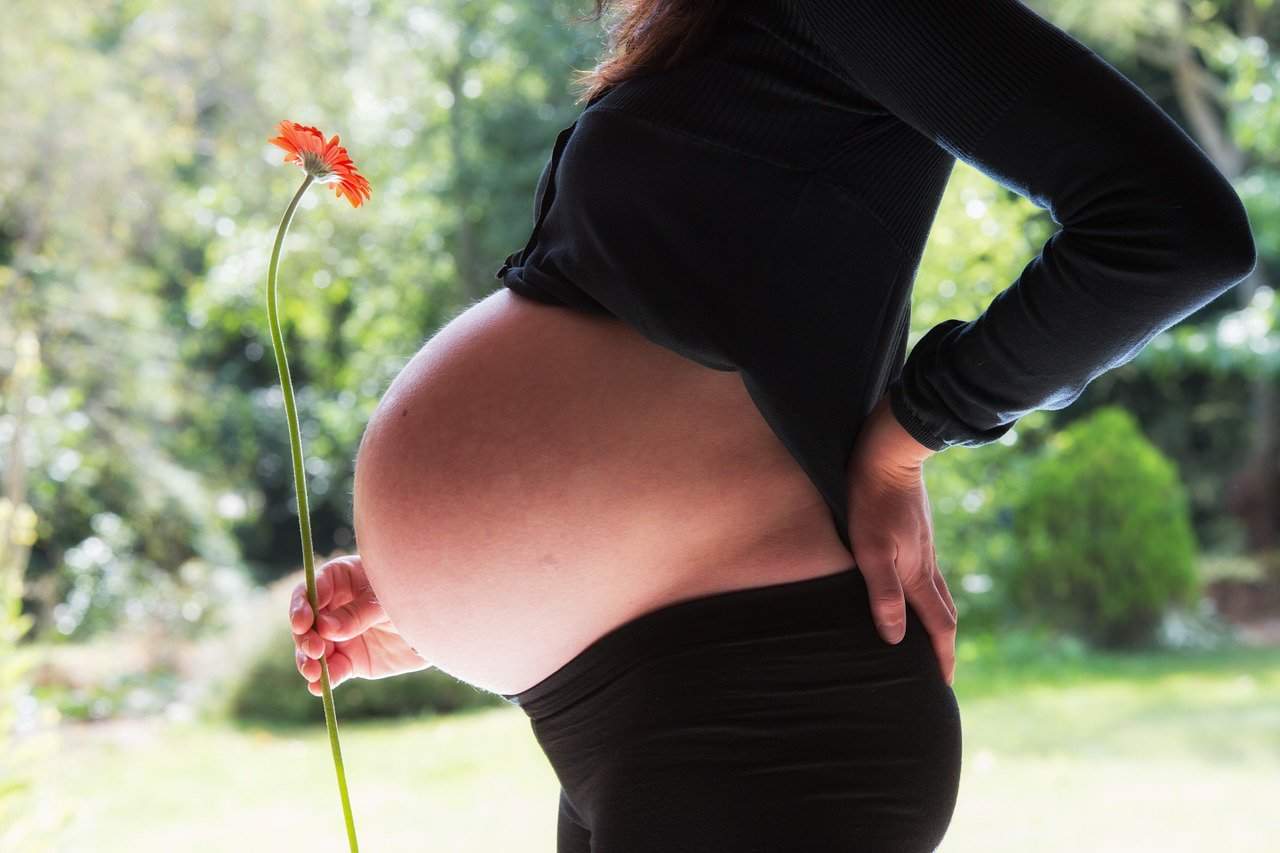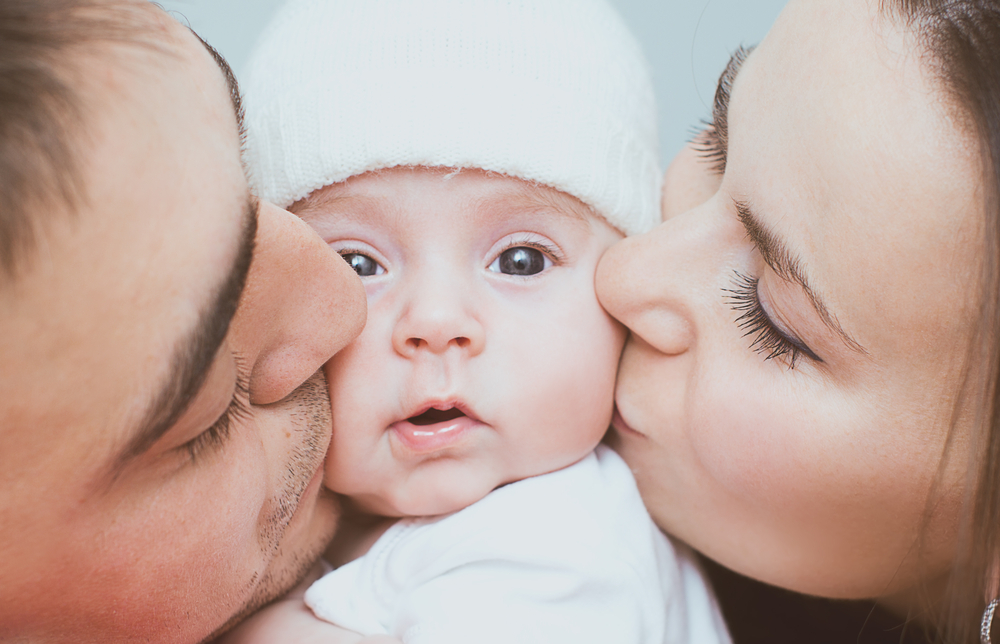Contents:
- Medical Video: The Effects of Bullying: What Parents Need to Know
- Children cracking teeth while sleeping can be a sign of bullying
- Signs of bruxism in children
- Do you need to see a doctor if your child has bruxism?
- Other signs of bullying that parents need to watch out for
Medical Video: The Effects of Bullying: What Parents Need to Know
In most cases, the habit of clenching teeth during sleep (bruxism) is not known what the exact cause is. But parents seem to need to be more vigilant, especially if your child has only recently started gritting his teeth while sleeping. The habit of children grinding teeth while sleeping can be a sign that he is experiencing bullying in his daily life.
Children cracking teeth while sleeping can be a sign of bullying
Children are indeed the most vulnerable age group to grit their teeth while sleeping. Children who clench their teeth during sleep usually also have other sleep disorders, such as snoring and sleep apnea. Even so, various studies have linked the increased risk of children grinding teeth while sleeping with the effects of bullying.
Many experts believe that most cases of bruxism can be triggered by fear, stress, anger, frustration, even anxiety— the turmoil of negative emotions experienced by victims of bullying.
This is evidenced by a study that looked at 13-15 year olds who were victims of bullying at school. Researchers found that the risk of gnashing teeth during sleep could increase many times in the group of children who reported bullying rather than children who did not experience it.
In many cases, children are victims of bullying do not dare to tell anyone about the conditions they experienced because they were threatened by the bully. As a result, children continue to harbor emotions alone. When emotions are not released, the negative energy that results from emotions does not go away from the body and continues to be held in the body. This negative energy can disrupt the function of organs, including the brain, which is then reflected in his sleep habits without ever being realized.
Signs of bruxism in children
Because bruxism usually occurs during sleep, it is usually the child does not realize he did it. However, there are a number of signs and symptoms that you might observe to find out that your little one often shakes his teeth while sleeping:
- If the child shakes his teeth hard enough during sleep, until the person sleeping nearby wakes up (or he awakens himself)
- If the child feels that his teeth have become flatter, broken, chipped, or even rocked (or you see it yourself)
- If the child's tooth surface becomes flatter and thinner
- If the child complains about his teeth becoming more sensitive
- If the child complains of feeling pain in the chin, jaw, or face, especially when you wake up
- If the child complains that the chin muscles are tired or sore
- If the child complains of earache, even though after being examined at the doctor, in fact it is not
- If the child feels a mild headache, especially in the area around the temples
- If the child has a wound in his gums
Do you need to see a doctor if your child has bruxism?
You need to visit a doctor or dentist if your child feels:
- Teeth feel more blunt, damaged, or sensitive
- Your chin, ears or face hurts
- Protests from other people who slept near the child about the noisy noise gnashing their teeth while sleeping
- The child cannot open and close the jaw perfectly
- You suspect other signs of bullying are accompanying, both physical (eg bruises or wounds without obvious causes) or emotional changes and / or behavior.
Other signs of bullying that parents need to watch out for
Bruxism is not a sure sign of bullying. But you need to be more vigilant if the habit of children grinding teeth while sleeping only recently, he had never before.
In addition to the habit of cracking teeth, here are other signs that must be considered if you suspect children to be victims of bullying at school.
- Sleeplessness (insomnia)
- Difficulty concentrating in class or any activity
- Often makes excuses for skipping school (usually marked by starting to make symptoms of the disease, such as dizziness, abdominal pain, etc.).
- Suddenly distancing himself from previously liked activities, such as extracurricular football or playing after school
- Looks nervous, lethargic, gloomy, desperate constantly, loses self-confidence, easily anxious, closes from people around
- Often complains of losing goods or damaged goods. For example books, clothes, shoes, electronic goods, or accessories (watches, bracelets, etc.).
- Values in school decrease, are reluctant to do homework or other school assignments, don't want to go to school, and so on
- Bruises on the face, hands, back suddenly arise for no reason. Can also experience injuries in the teeth and other body parts. But the child may argue that he fell from the stairs or on the school.
But indeed there is no easy way to really know what your child is a victim of bullying at school. Many of the signs and symptoms shown by child victims of bullying are similar to typical teen behavior in general.
According to a 2015 UNICEF report, 40 percent of Indonesian children experience bullying at school. While according to the ICRW report (International Center for Research on Women) also in the same year, almost 84% of children in Indonesia experienced acts of violence in schools that were rooted in bullying.
If you suspect your closest child or relatives are experiencing bullying in any form, it is strongly recommended to contactpolice emergency number 110; KPAI (Indonesian Child Protection Commission) at (021) 319-015-56; Safe School via SMS to number 0811976929 or telephone number 021-57903020 and 5703303; ATTITUDE (Solidarity with Victims of Violence Against Children and Women) at (021) 319-069-33; or throughe-mail to laporek [email protected]

